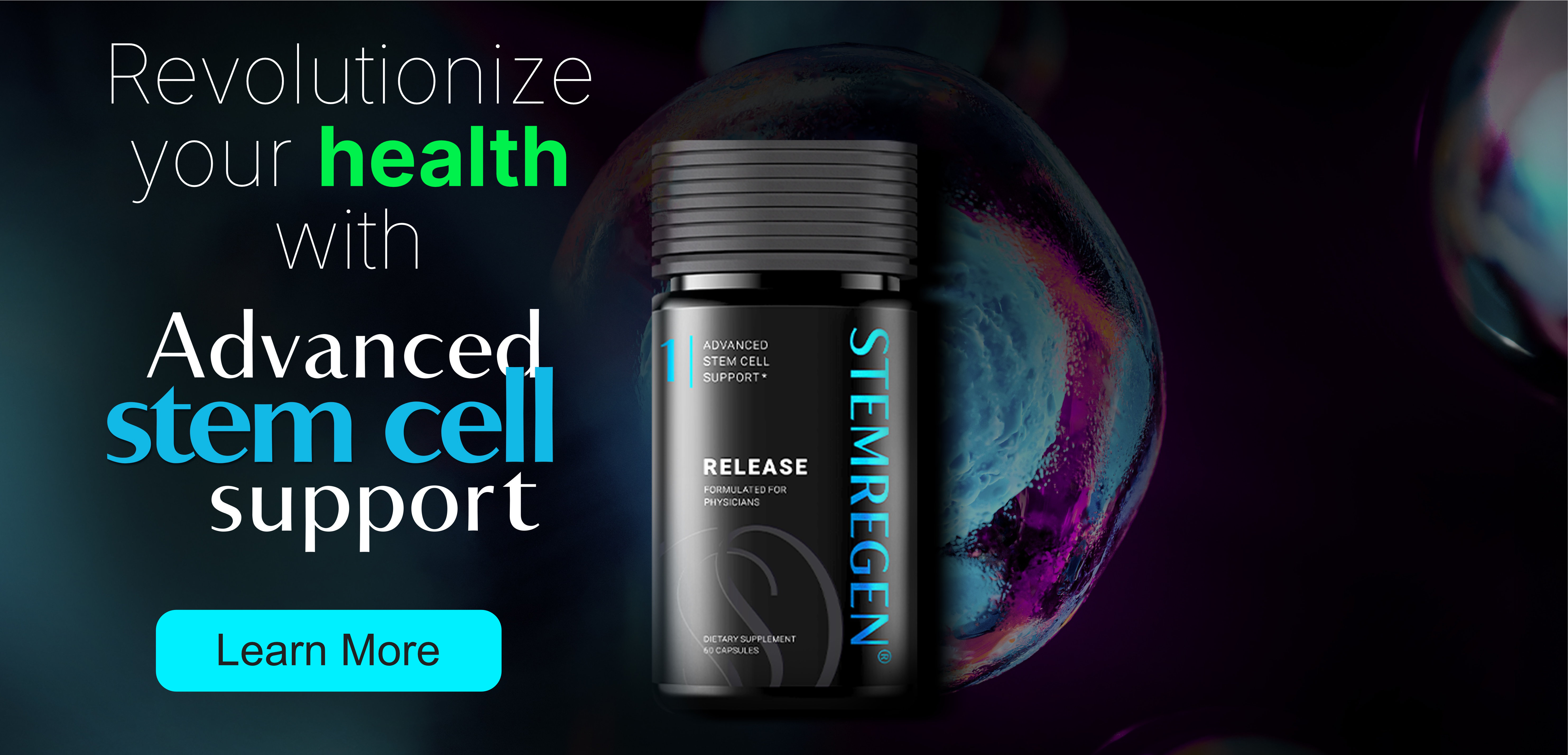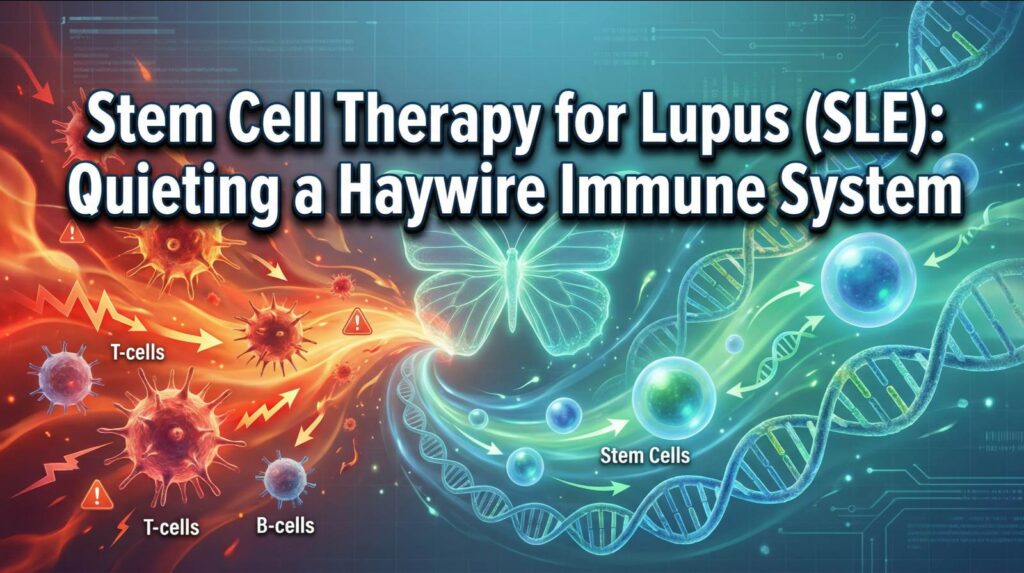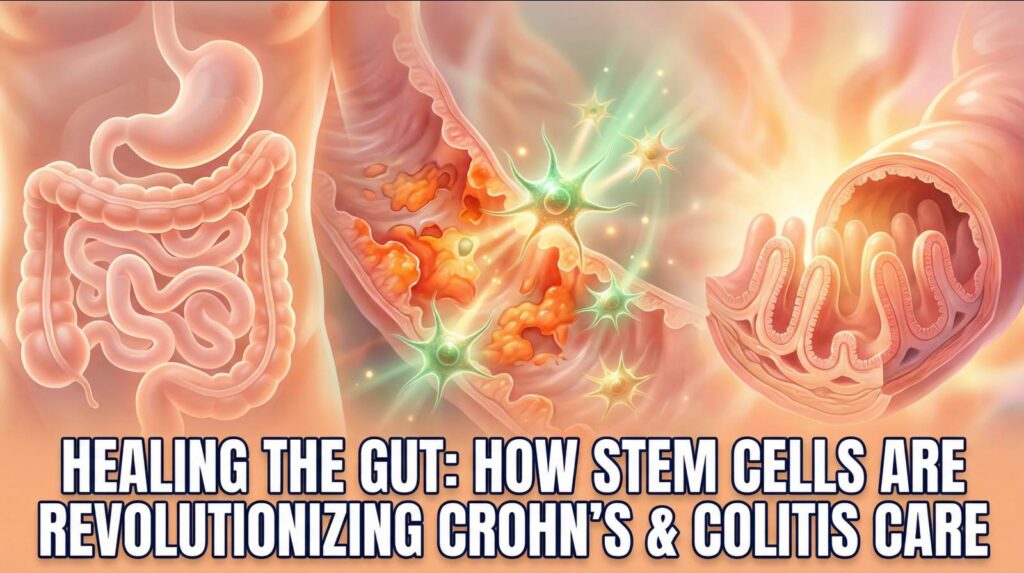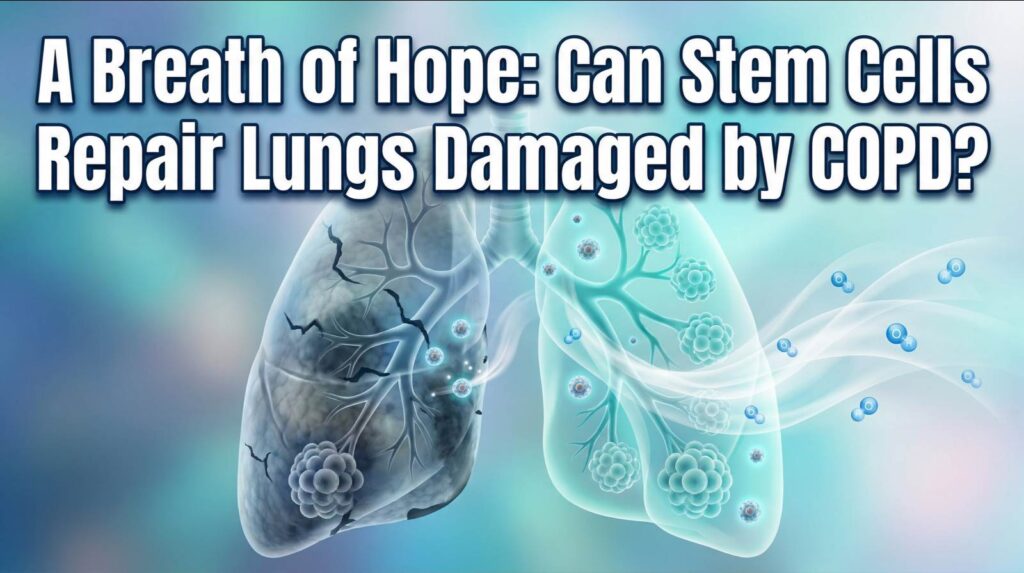In the rapidly evolving world of medical science, one area that has been gaining significant attention is regenerative medicine, particularly the use of stem cells. These tiny powerhouses of regeneration hold the potential to revolutionize treatments for a variety of diseases and conditions, from autoimmune disorders to cardiac diseases, and even neurological disorders.
In this blog post, we delve into the insights shared by Dr. Richard Visser, a former minister of health and sports with a PhD in medical sciences, in his podcast titled “The Promise of Regenerative Medicine (Stem Cells Part 3).” Join us as we explore the fascinating world of stem cells, their potential in regenerative medicine, and how they could change the future of healthcare.
Here’s a detailed summary of the podcast titled “The Promise of Regenerative Medicine (Stem Cells Part 3)” by Dr. Richard Visser.
In this episode, Dr. Visser, a former minister of health and sports with a PhD in medical sciences, continues his exploration of stem cells and their potential in regenerative medicine. This is the third part of a series on stem cells, and he promises to revisit the topic as it is a rapidly evolving field with new discoveries every day.
Dr. Visser begins by reviewing the first two episodes where he focused on mesenchymal stem cells and exosomes, respectively. Mesenchymal stem cells are a type of stem cell that can differentiate into a variety of cell types, and exosomes are tiny vesicles that carry information from one cell to another. Both of these have significant potential in regenerative medicine.
He emphasizes that these treatments do not cure or treat diseases but rather mitigate them by helping the body heal itself. They work by activating our own cells to regenerate and start the healing process. One of the key benefits of using stem cells is their ability to lower inflammation, both systemically and in specific areas.
Dr. Visser also addresses common concerns about stem cell therapy, such as the potential for the body to reject the cells. He explains that mesenchymal stem cells do not have MHC two markers, making them immunologically privileged and therefore not subject to rejection.
He then delves into the various applications of stem cells in regenerative medicine, including their potential in repairing and regenerating damaged tissues and organs. This has implications for conditions like osteoarthritis, cardiac disease, and stroke. He also discusses their potential in treating autoimmune diseases, graft versus host diseases, neurological disorders, and even Covid-19.
Dr. Visser also talks about the potential of stem cells in drug development and disease modeling. He mentions that stem cells can be used to create disease models for better understanding diseases and developing new drugs.
He then goes on to discuss the use of fibroblasts, chondroblasts, and limbal stem cells in specific treatments. Fibroblasts are used for skin treatments, chondroblasts for cartilage growth, and limbal stem cells for cornea repair.
In conclusion, Dr. Visser expresses his excitement about the potential of regenerative medicine and stem cell therapy. He emphasizes the importance of quality and specialist training in this field. He also mentions that they have trained over 1500 physicians who are certified to do this work.
This podcast episode is a comprehensive exploration of the potential of stem cells in regenerative medicine, providing valuable insights for anyone interested in this rapidly evolving field.
Watch full episode here:



